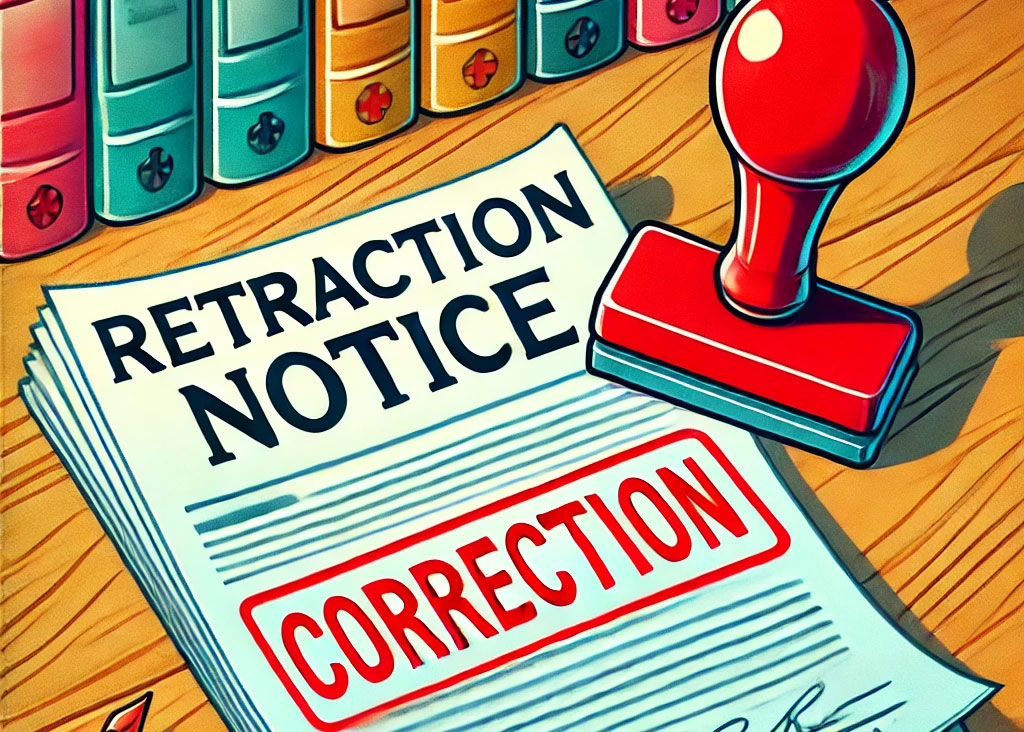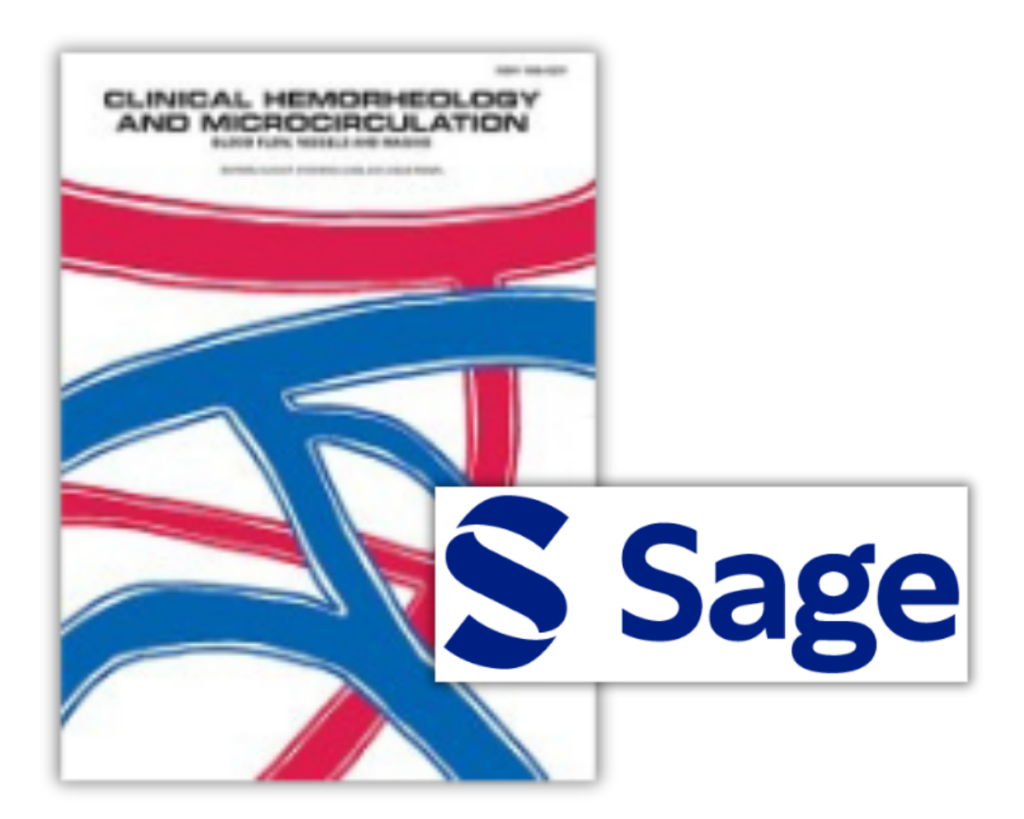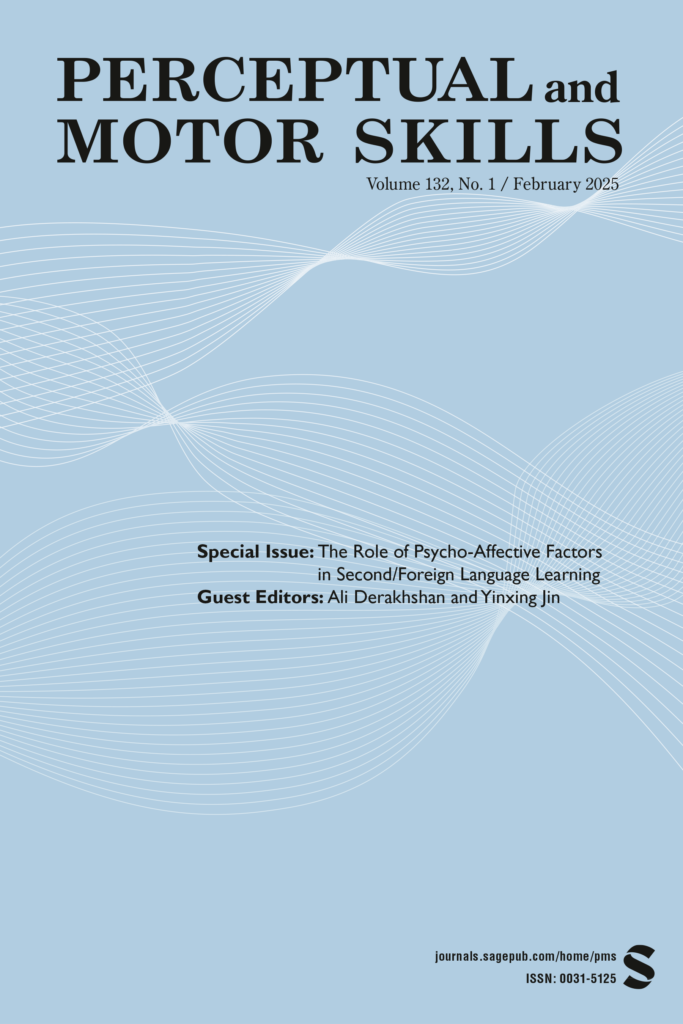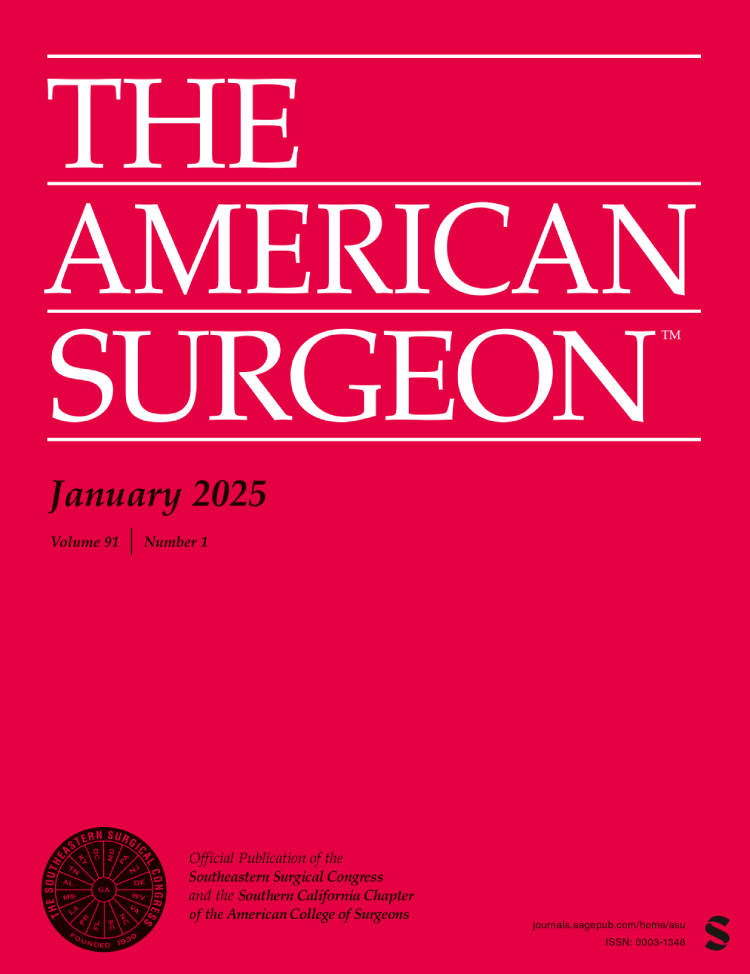
While large language models are taking the blame for hallucinations, punctuation and all manner of language choices these days, turns of phrase were being tortured well before the arrival of LLMs.
Overlooking that fact seems to have led to a recent correction to a retraction – yes, you read that right – in Sage’s Journal of X-Ray Science and Technology. The original article, published in February 2022, was on detecting coronary artery plaques. It contained several known tortured phrases, synonyms and rephrasings — often awkward and nonsensical — substituted in text to evade plagiarism detectors.
For instance, the paper used the term “cardiovascular breakdown” for “heart failure”; “outward appearance acknowledgement” instead of “face recognition”; and “attractive resonance” for “magnetic resonance.”
Continue reading Correction to a retraction highlights tortured phrases have been around longer than LLMs





